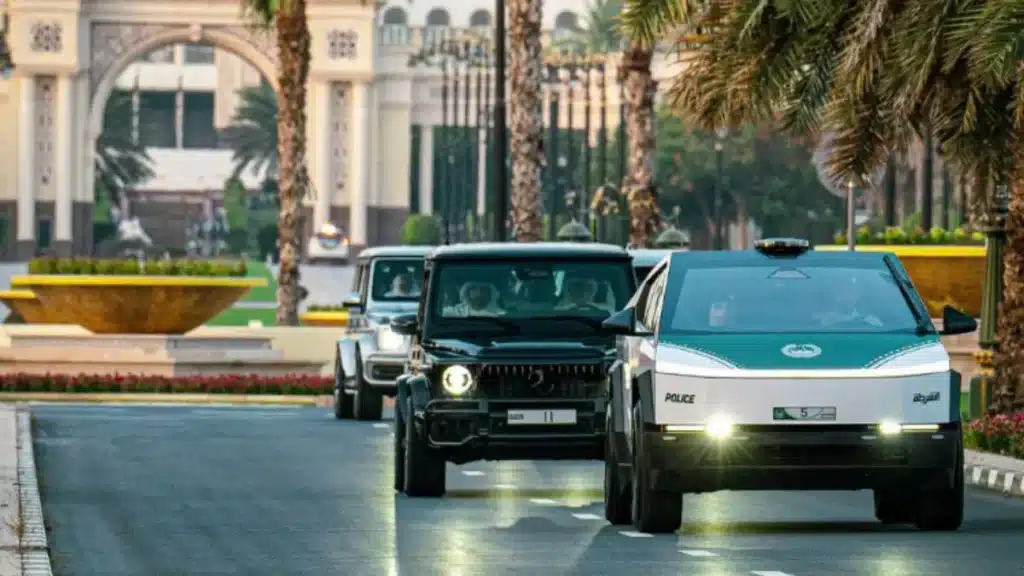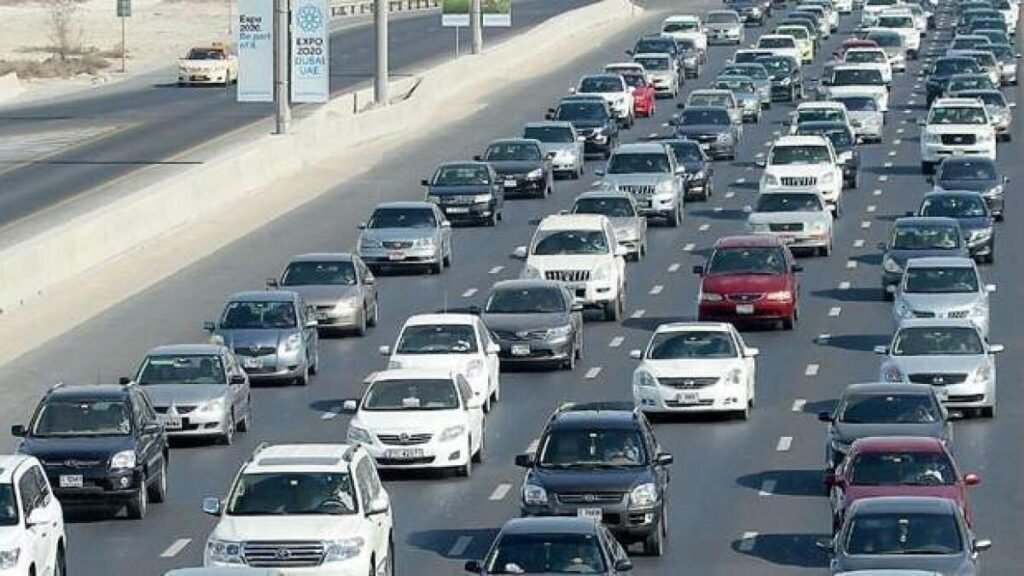Dubai’s traffic management is evolving with the introduction of new silent traffic radars. These advanced systems are set to enhance road safety and efficiency. Based on the latest reports, here’s what you need to know about Dubai’s New Silent Traffic Radars.

Silent Traffic Radars
What Are They? Dubai has rolled out new silent traffic radars designed to monitor and enforce traffic laws without the loud flashes and sounds typically associated with traditional speed cameras. These radars use advanced technology to capture high-resolution images of vehicles violating traffic rules, such as speeding and running red lights, without causing distractions or noise pollution.

How Do They Work? The silent radars are equipped with high-definition cameras and sensors that operate quietly. They detect traffic violations, capture necessary data, and send this information to the traffic authorities for further action. The absence of flashing lights and loud noises makes these radars less intrusive, contributing to a smoother driving experience.
Fresh insights have recently surfaced in July 2025 about this article’s topic, shedding light on the creative direction, cast updates, and fan expectations.

Benefits of Silent Traffic Radars
Enhanced Road Safety By discreetly monitoring traffic, these radars help in reducing speeding and other violations, thereby improving overall road safety.
Reduced Noise Pollution Traditional traffic cameras often create noise and visual pollution with their flashes and sounds. The silent radars mitigate these issues, making the urban environment more pleasant for residents and drivers.
Efficient Traffic Management The data collected by these radars helps traffic authorities better understand traffic patterns and enforce laws more effectively. This can lead to improved traffic flow and reduced congestion in busy areas.

Implementation and Future Plans
Dubai’s Roads and Transport Authority (RTA) plans to install these silent radars across various key locations in the city. The initiative is part of a broader strategy to utilize smart technology for enhanced traffic management and road safety. Future expansions may include integrating these radars with other smart city technologies to create a comprehensive traffic monitoring system.

At The end of The Highway..
Dubai’s new silent traffic radars represent a significant step forward in modernising traffic enforcement and management. By improving road safety and reducing noise pollution, these advanced systems contribute to a better driving experience and a more pleasant urban environment.



